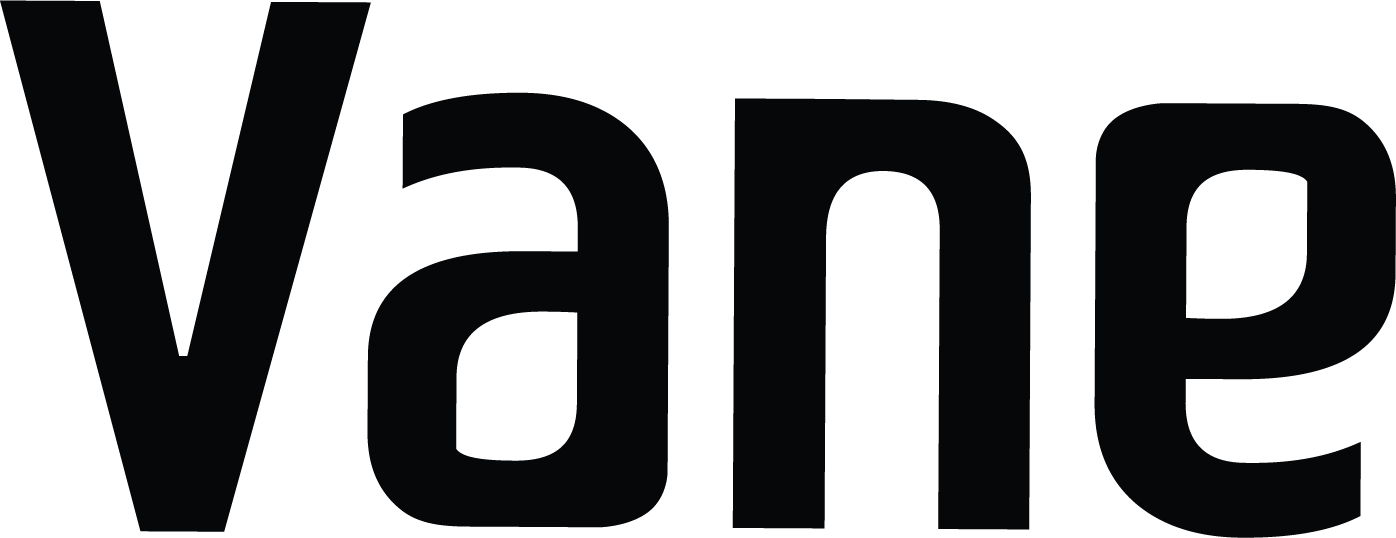Vox Pop
Christopher Rollen
13 August – 3 September 2016
Christopher Rollen, Semit R Nignahc, 2016, found music paper
Christopher Rollen, Berliner Küche, 1906-2013, 2013, video, 12:00min
In ‘Vox Pop’, Christopher Rollen explores various ways of presenting both personal and collective histories.
Doegen Revisited (2012-15) is an audio-visual archive of sixty-six etchings and recordings of Germany-based British expatriates’ voices made in response to the sixty-six British and Irish voices in Wilhelm Doegen’s Lautarchiv (sound archive), recorded between 1916 and 1918 and held on shellac vinyl records at Berlin’s Humboldt Universität.
Dr Wilhelm Doegen (1877-1967) was Director of the Lautabteilung, Preussische Staatsbibliothek (the Sound Department at the Prussian State Library) in Berlin. During World War One, he visited seventy POW camps where he recorded over 250 languages and dialects, as well as examples of traditional music. The prisoners of war recited the parable of The Prodigal Son in their own language and dialect for comparative purposes. This work was carried out for the Royal Prussian Phonographic Commission (Phonographisches Kommission). It resulted in the production of 1,650 shellac records. Personalbogen (speaker data) were compiled for every speaker, each of whom was also photographed. Doegen founded the Lautarchiv in 1920 and throughout the next ten years he continued to record further individuals, particularly ones living in England, Ireland and France.
Rollen’s archive bookends the intervening century, following Doegen’s original methodology by recording contemporary voices retelling the same parable. As well as presenting the recordings, Rollen takes the additional collected data and in the form of etchings visually maps out the origins of the participants, both civilians and serving military personnel, living in Germany, collating these to the origins of the original participants.
Christopher Rollen, The Riddings, 2014, video, 10:00min
Christopher Rollen, Toprak, 2014, video, 4:06min
Christopher Rollen, Come give me your hand, 2013, video, 2:40min
Christopher Rollen, Doegen Revisited (detail), 2012-15, sound recordings, etching on paper, dimensions variable
Also presented are four of Rollen’s video works. Berliner Küche, 1906-2013 (2013), documents a performance by the artist in his Berlin kitchen recreating a postcard image of an anonymous man standing in an almost identical kitchen in the early twentieth century, whilst Come give me your hand (2013) marries imagery from the Soviet War Memorial frieze in the same city’s Treptower Park, with a karaoke re-translation of the Beatles’ 1963 hit, I Want to Hold Your Hand. The Riddings (2014) shows two acres of Scottish land isolated from the rest of the country by the redirection in 1861 of a stretch of the river Liddell, the long established border between Scotland and England. Rollen filmed this ‘annexed’ territory on the eve of the referendum for Scottish Independence. Vinyl records and their potential symbolic meanings are also present in Toprak (2014), which employs the surface damage of a discarded 1960s Turkish pop record found by the artist in Northern Cyprus to poignantly examine the country’s troubled history.
Rollen will mark the opening of ‘Vox Pop’ on Friday 12 August with the reading of the poem, Clearing Station, by German World War One poet Wilhelm Klemm, and the debut showing of the video The Riddings with an arrangement of the ballad Johnny Armstrang – the story of a famous Scottish Border reiver, or raider, of the early sixteenth century – played on electric guitar by the artist.
Christopher Rollen, ’Vox Pop’, 2016, installation view
Christopher Rollen, ’Vox Pop’, 2016, installation view
Take a video tour of the exhibition
Share this page








